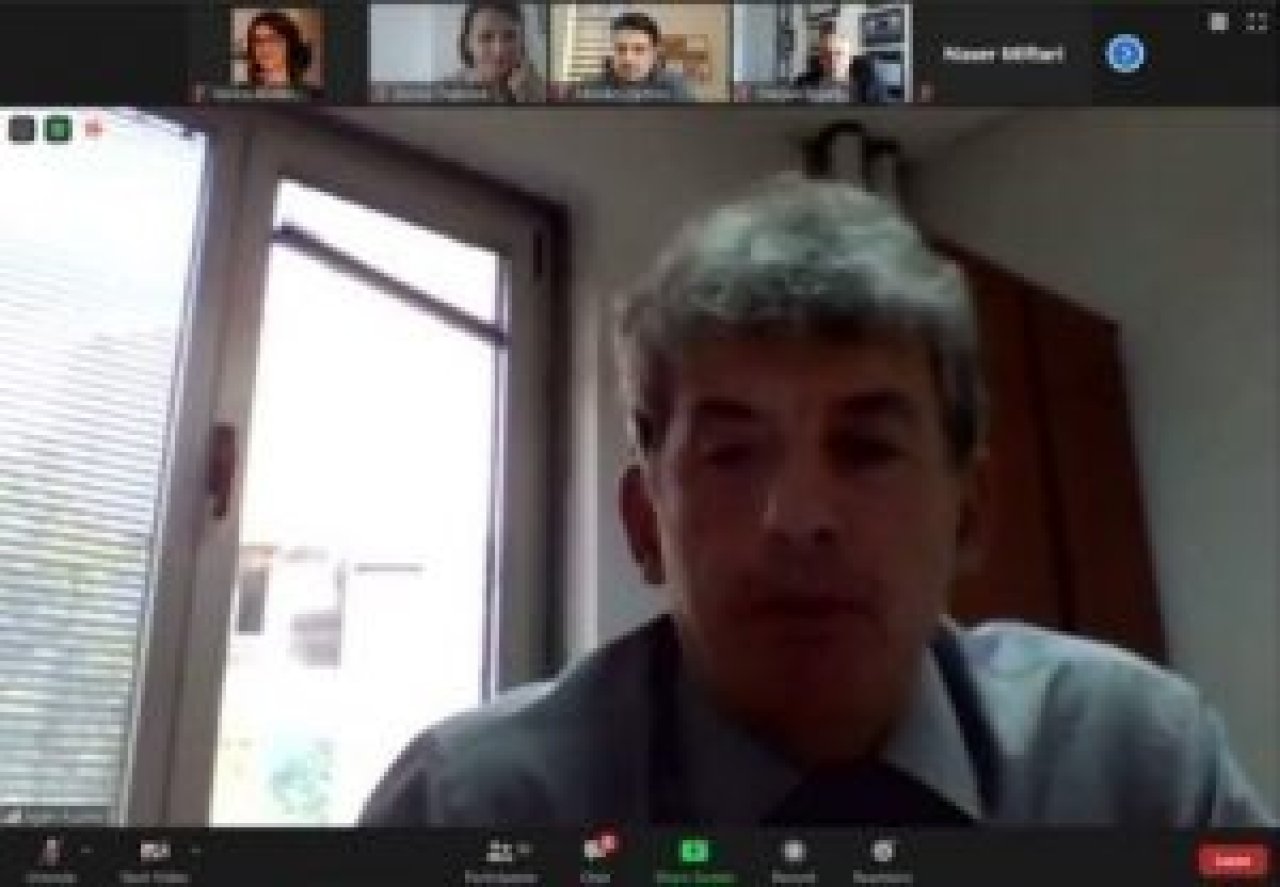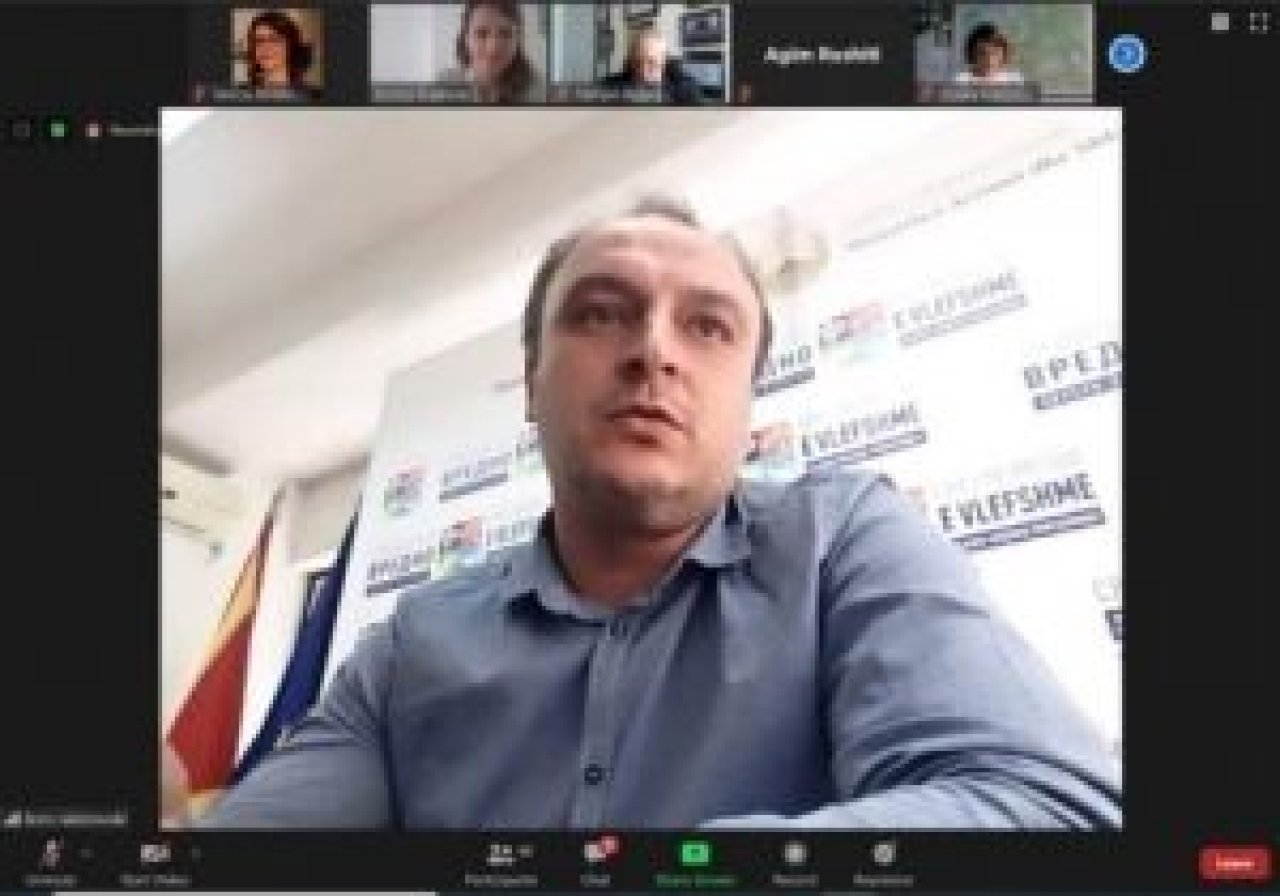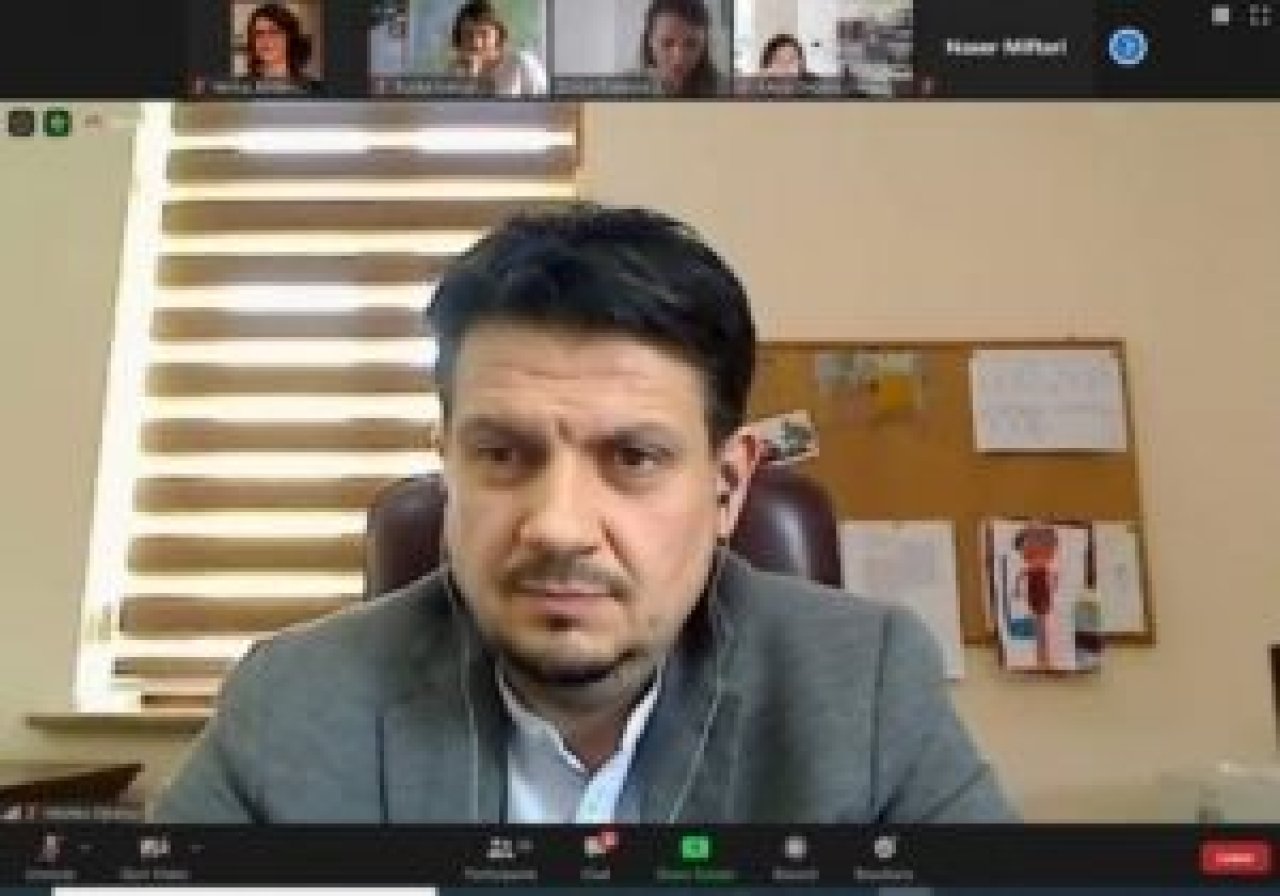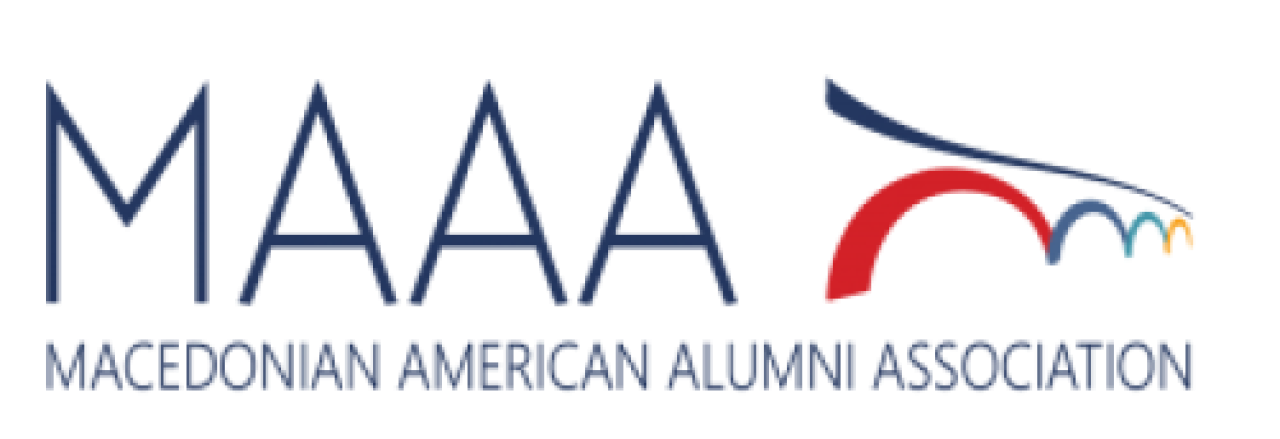
March 29th, 2021
Challenges and efficient recovery from covid-19
Challenges and efficient recovery from COVID-19 is a project supported by the 2020 Alumni Rapid Response Fund of the US Embassy. Since the Covid-19 crisis has strongly affected crucial areas of the society, the project’s main aim was to gather experts in different areas who would discuss these challenges online and give advice on how the society could most efficiently recover from the crisis, especially in four specific areas (education, economy, health and media). The project was intended for all parties interested in the specific topics who would be eager to share or gather information on how to best recover from the crisis, such as: higher educational institutions, business chambers, companies, health institutions and media outlets. In the second stage of the project, the webinars are supposed to be posted on the MAAA website and a guidebook, containing the main aspects of the discussions as well as the key recommendations given by the experts in the specific areas, will be published online and posted on the website. In addition, these recommendations will be written down and sent to the country’s relevant ministries (education, economy, health and information society and administration) as suggestions to amend the existing laws.
So far three webinars have been organized. The first one was named Higher Education in pandemic times – experiences and recommendations. It was held on September 22nd, 2020 and coordinated by our alumna Zorica Trajkova. There were five main and two guest speakers, representing different institutions in the country: Dr. Zorica Trajkova, a professor at the Faculty of Philology, UKIM (her guest speakers were Dr. Elena Onchevska Ager and Ruska Ivanovska-Naskova, both from the Faculty of Philology, UKIM); Dr. Mishko Dzidrov, a Deputy Vice-Chancellor of UGD, Shtip; Dr. Marjan Bojadziev, Provost at the University American College, Skopje; Dr. Agim Rushiti, a Director of the Agency for Quality of the Higher Education, Dr. Boro Jakimovski, a representative of MASIT and professor at the Faculty of Computer Science and Engineering. The speakers discussed the challenges professors and students faced during the Covid-19 crisis, the problems with the online platforms they used and provided specific recommendations to amend the law in order to contribute to more efficient functioning of this sector in the future. The webinar was attended by a wider audience and there was a fruitful discussion among the speakers and the audience in the end.





The second webinar entitled What is the effect of the covid-19 pandemic on the Macedonian Economy? was held on November 3rd and was dedicated to the effects the pandemic had on the economy. It was organized by Ms. Biljana Sanev, and was hosted by Ms. Biljana Vasileva- Trendafilova, an experienced editor, economics journalist and author of the economic TV show: Business Points. There were four guest speakers, representing different institutions in the country: Fatmir Bytyqi, Deputy Prime Minister in Charge of Economic Affairs at Government of Republic of North Macedonia; Danela Arsovska, President at Macedonian Chambers of Commerce; Zoran Jovanovski, Chief Advisor for Economic Affairs to the Supervisory Board of the Economic Chamber of North Macedonia and Blagica Petreski, Executive Director of the Economic Research and Policy Institute-Finance Think. The speakers discussed the impact of the Covid-19 pandemic on the country’s economy and the need for financial assistance from the Government to the companies.\




The third webinar was held on December 1st, and it focused on the media and the spread of fake news during the pandemic. It was entitled: Media literacy and fake news in times of covid-19 pandemic. The webinar was organized and hosted by Ms. Verica Jordanova, and there were five guest speakers, representatives of different institutions and organizations related to the media and media literacy in the country: Vesna Nikodinovska -Programming coordinator at the Macedonian Institute for Media (MIM); Katerina Sinadinoska -President of the Council of Media Ethics of North Macedonia (CMEM);Rosana Aleksoska- Project Manager of F2N2 (fighting fake news narratives) a project of the Citizen Association MOST; Nazim Rashidi – Editor at TV Alsat-M and Ognen Janeski – Editor at TV 24. The speakers discussed the important role of journalists and the media in providing accurate and well-revised information, especially in critical sensitive situations like the one with the pandemic, the role of the social media in spreading false information, the key challenges in presenting authentic information and source identification acquired through different communication channels, the fight against fake news, as well as the necessary changes that need to me made for improvement of the situation.




The fourth webinar was held on March 11th this year and it focused on the Mental health challenges during Covid-19. The event was hosted by our alumnus Prof. Dr. Bashkim Ziberi. Four speakers discussed the impact of the Covid-19 crisis (the social isolation, quarantine, job losses) on the people’s mental health: Prof. Dr. Lenche Milosheva, MAAA member, Clinical Psychologist and Cognitive Behavioral Psychotherapist; Prof. Dr. Qufli Osmani, Associate professor at the Department of Psychology at the University of Tetovo, Chairman of the Commission for Licensing of Psychologists at the Chamber of Psychologists; Biba Dodeva, President of Borka – Association for fight against Cancer and Ivana Marinchek, Licensed psychologist and psychotherapist – talked about the importance of mental health and emotional well-being. The speakers addressed the issue from a psychological, medical and social aspect and shared some useful strategies and approaches for dealing with mental health issues in times of crisis like this one.




After each webinar, a list of recommendations was compiled by the organizers and guest speakers – experts and was delivered to the relevant Ministry (Education, Economy and Information society and administration). The project team honestly hopes that these suggestions and recommendations will be taken seriously by the relevant sectors and will be incorporated in the new laws and regulations.
